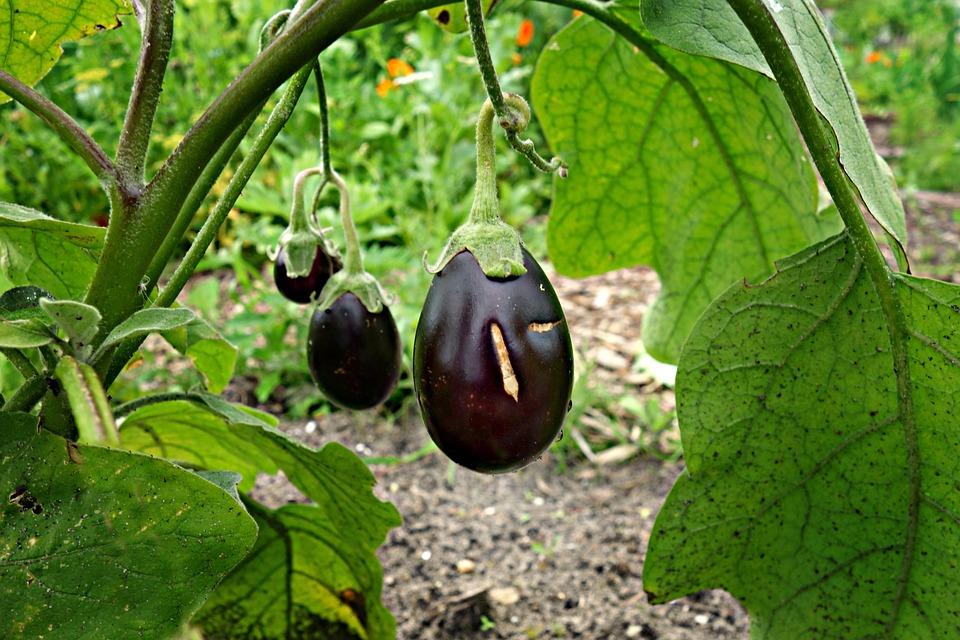Introduction
Gardening enthusiasts are always looking for ways to maximize their vegetable harvests. Whether you’re a seasoned gardener or new to the hobby, this article will provide you with valuable insights and tips to uncover the secrets of bountiful vegetable crops.
The Importance of Soil Preparation
Preparing your soil is crucial for the success of your vegetable garden. Start by testing the soil’s pH level to ensure it is within the appropriate range for your desired crops. If needed, you can adjust the pH by adding organic matter or specific soil amendments. Additionally, work the soil thoroughly to remove any weeds, rocks, or debris that may inhibit root growth. A well-prepared soil allows plants to access crucial nutrients and promotes better water drainage.
Choosing the Right Varieties
When it comes to growing vegetables, not all varieties are created equal. Research and select varieties that are well-suited for your climate and growing conditions. Consider factors such as disease resistance, heat tolerance, and days to maturity. By choosing the right varieties, you ensure that your plants have a better chance of thriving and producing abundant yields.
Optimal Planting Techniques
Proper planting techniques can significantly impact the success of your vegetable harvests. Follow spacing guidelines to provide enough room for plants to grow and spread their roots. Planting too closely can lead to competition for nutrients and increased susceptibility to diseases. It’s also essential to plant at the right time, considering both the recommended planting dates and the specific needs of each crop. Some vegetables prefer cool weather, while others thrive in warmer conditions. Understanding the optimal planting techniques for each crop will maximize your chances of enjoying an abundant harvest.
The Importance of Watering and Mulching
Consistent watering is essential to maintain healthy vegetable plants. Ensure you water your crops regularly, aiming for deep root penetration rather than shallow surface watering. Avoid saturating the leaves, as this could encourage diseases. Applying mulch around your plants helps retain soil moisture, suppresses weed growth, and regulates soil temperature. Consider using organic mulch such as straw or wood chips, which also add valuable nutrients to the soil as they decompose.
Feeding Your Plants
Vegetables require a steady supply of nutrients to grow and produce bountiful crops. Before planting, enrich the soil with organic matter such as compost or well-rotted manure to provide necessary nutrients. Additionally, feeding your plants throughout the growing season with organic fertilizers or compost tea can ensure they receive the required nutrients for optimal growth. Regularly monitoring plant health and adjusting fertilization if needed will help prevent deficiencies and promote healthy vegetable plants.
FAQs Section
Q: How often should I water my vegetable garden?
A: The frequency of watering depends on various factors such as weather conditions, soil type, and plant requirements. As a general guideline, aim to provide around 1-2 inches of water per week, either through rainfall or supplemental irrigation.
Q: How can I protect my vegetables from pests and diseases?
A: Implement a multi-faceted approach to pest and disease management. This includes practicing good sanitation, using organic pest control methods such as companion planting and biological controls, and regularly inspecting plants for signs of pests or diseases. Prompt action is key to preventing widespread issues.
Q: Should I prune my vegetable plants?
A: Pruning is not necessary for all vegetable plants. However, for certain crops like tomatoes or cucumbers, pruning can improve air circulation and reduce the risk of diseases. Familiarize yourself with the specific pruning requirements of each vegetable variety you grow.
Q: Can I use chemical fertilizers in my vegetable garden?
A: While chemical fertilizers can provide nutrients to your plants, it is recommended to prioritize organic fertilizers. Organic fertilizers promote long-term soil health, improve nutrient availability, and minimize the risk of chemical buildup. Organic gardening practices also benefit the environment and support beneficial soil organisms.




